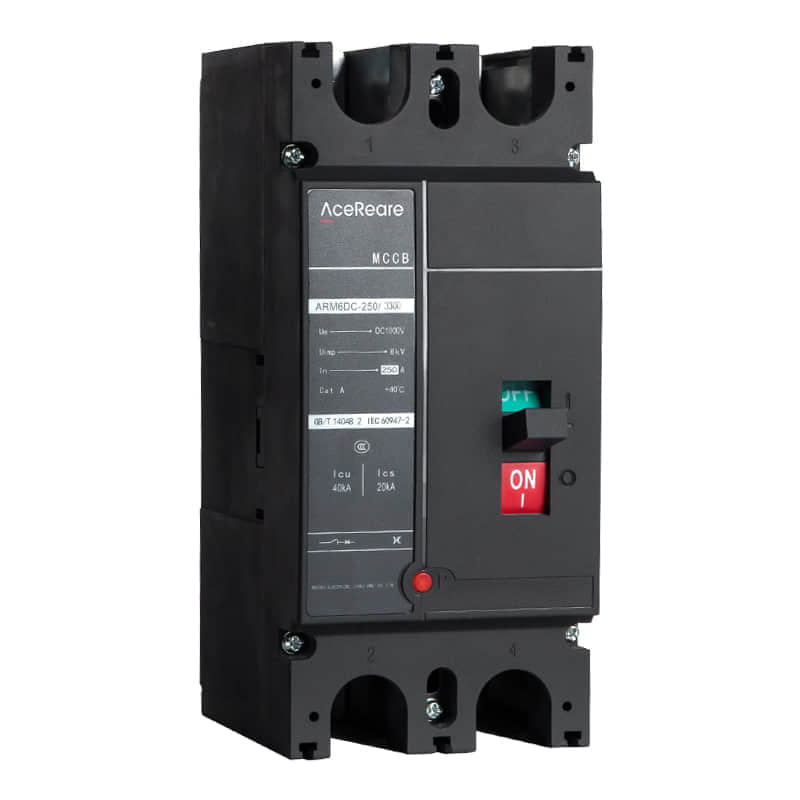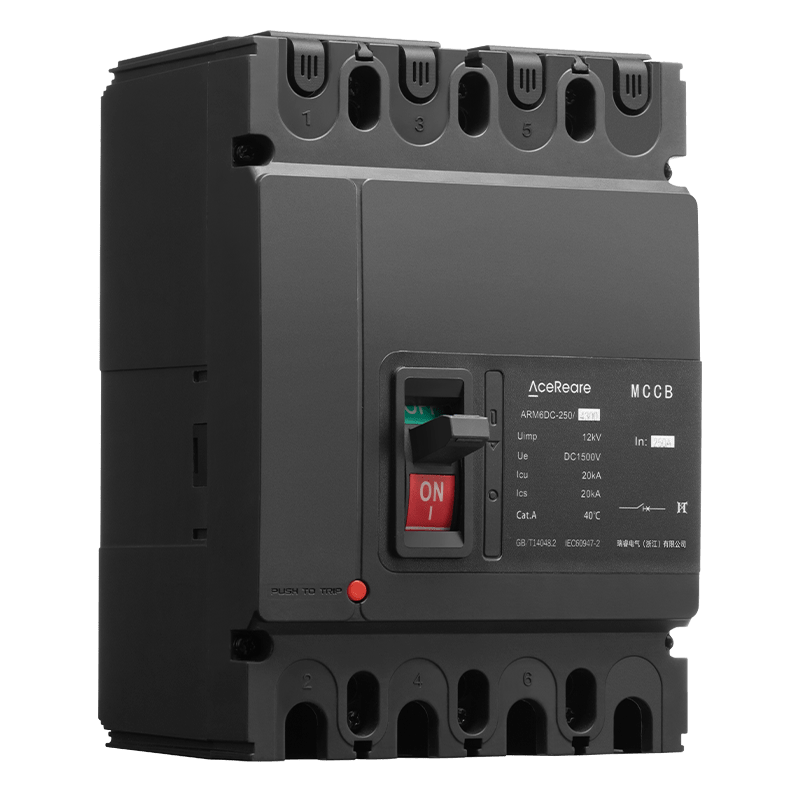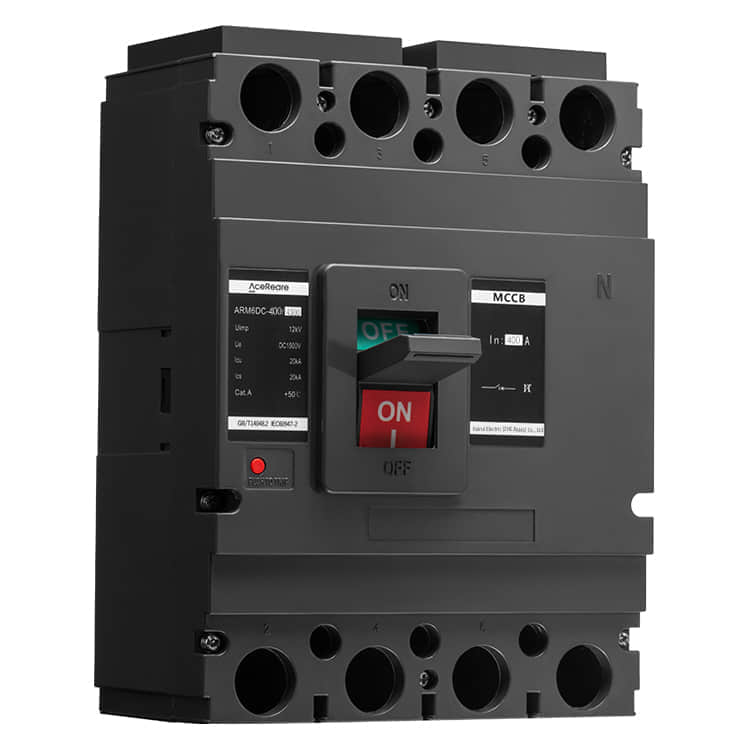In the realm of electrical engineering and power distribution, ensuring the safety and reliability of electrical systems is of paramount importance. One essential component that plays a crucial role in this domain is the DC molded case circuit breaker. This article delves into the significance of DC molded case circuit breakers, their operation, applications, and the benefits they bring to various industries.

Understanding DC Molded Case Circuit Breakers

DC molded case circuit breakers are devices designed to protect electrical circuits and equipment from overcurrents, short circuits, and other electrical faults in direct current (DC) systems. They are engineered with advanced technology to interrupt the flow of current when abnormal conditions arise, thus preventing damage to equipment, fires, and potential hazards. These circuit breakers consist of a thermal-magnetic trip unit, a mechanism that senses the current passing through the circuit. The thermal element responds to prolonged overcurrents, while the magnetic element detects sudden and high-level faults. Upon sensing an abnormal current, the trip unit triggers the breaker to open, effectively breaking the electrical circuit and stopping the flow of current. Applications of DC Molded Case Circuit Breakers DC molded case circuit breakers find applications across various industries due to their reliability and protective capabilities. One notable application is in renewable energy systems, such as solar photovoltaic installations and wind power plants. These circuit breakers ensure the safe operation of inverters, battery storage systems, and other components, safeguarding the entire power generation process. Furthermore, DC molded case circuit breakers are vital in telecommunications, transportation, and industrial sectors. In telecommunications, they protect critical equipment like rectifiers and backup power supplies. In transportation, they contribute to the safety of electric vehicles by preventing potential electrical malfunctions. Industrial settings utilize these breakers to shield variable speed drives, control panels, and manufacturing machinery. Advantages of DC Molded Case Circuit Breakers The adoption of DC molded case circuit breakers offers numerous advantages that contribute to the overall integrity of electrical systems: Safety:The primary function of these circuit breakers is to enhance safety by preventing electrical hazards. By swiftly interrupting faulty circuits, they mitigate the risk of fires and equipment damage. Reliability:DC molded case circuit breakers are engineered for robustness and longevity. Their design incorporates durable materials and precise mechanisms, ensuring consistent performance over an extended lifespan. Flexibility:These circuit breakers come in a range of sizes and current ratings, making them adaptable to various applications. From low-power systems to high-capacity installations, there’s a suitable breaker for every need. Ease of Maintenance:Routine maintenance is simplified due to the modular design of these breakers. This design allows for quick replacement of faulty components without requiring extensive downtime. Remote Monitoring:Some modern DC molded case circuit breakers are equipped with smart features that enable remote monitoring and diagnostics. This capability enhances predictive maintenance and reduces the risk of unexpected failures. Conclusion DC molded case circuit breakers stand as a testament to the remarkable advancements in electrical engineering. Their ability to protect equipment, systems, and people from potential hazards is invaluable across a wide spectrum of industries. As technology continues to evolve, these circuit breakers will likely incorporate more innovative features, further bolstering their role in maintaining the safety and reliability of modern electrical systems.
